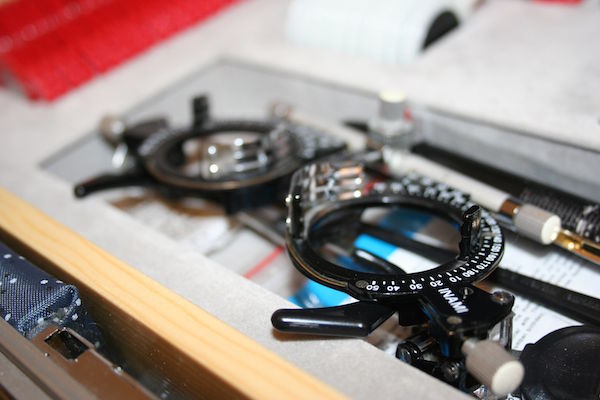
FRIDAY, Nov. 4 (HealthDay News) — Delaying treatment for a herniated disc beyond six months may reduce your chances of recovery, new research finds.
A study of nearly 1,200 U.S. patients found that those treated within six months of first experiencing herniated lumbar disc symptoms had less pain and disability years later than those who waited longer to be treated.
The patients in the study were older than 18 years and treated at 13 spinal practices in 11 states. They were assigned to have either surgery (lumbar discectomy) or to receive nonsurgical treatment such as physical therapy, education, a nonsteroidal anti-inflammatory drug, and/or counseling with home exercise instruction.
Follow-up with the patients was conducted six weeks, three months, six months, one year, two years and four years after treatment.
When they compared the results for the 927 patients who had symptoms for six months or less and the 265 patients who had symptoms for longer than six months, the researchers found that results at all follow-up intervals were significantly worse for patients who went longer without treatment.
The study also found that surgery was much more effective than nonsurgical treatment, but the relative increased benefit of surgery over nonsurgical treatment was not dependent on the duration of the symptoms.
The study was published recently in the Journal of Bone and Joint Surgery.
“Patients who have had symptoms for longer than six months can find relief with either nonoperative treatment or surgery, but they may not reap as much benefit as those who have had symptoms for six months or less,” study author Dr. Jeffrey A. Rihn said in a news release from the American Academy of Orthopaedic Surgeons. “Surgery still has significant benefit compared with nonsurgical treatment, even in patients who have had symptoms for longer than six months.”
Lumbar disc herniation can cause back pain and pain, numbness, tingling and/or weakness in one or both legs. It occurs when the discs, or cushions, between the bones of your back weaken, allowing a jelly-like substance called the nucleus to push out. Symptoms frequently abate within six to eight weeks.
More information
The American Academy of Family Physicians has more about herniated discs.

